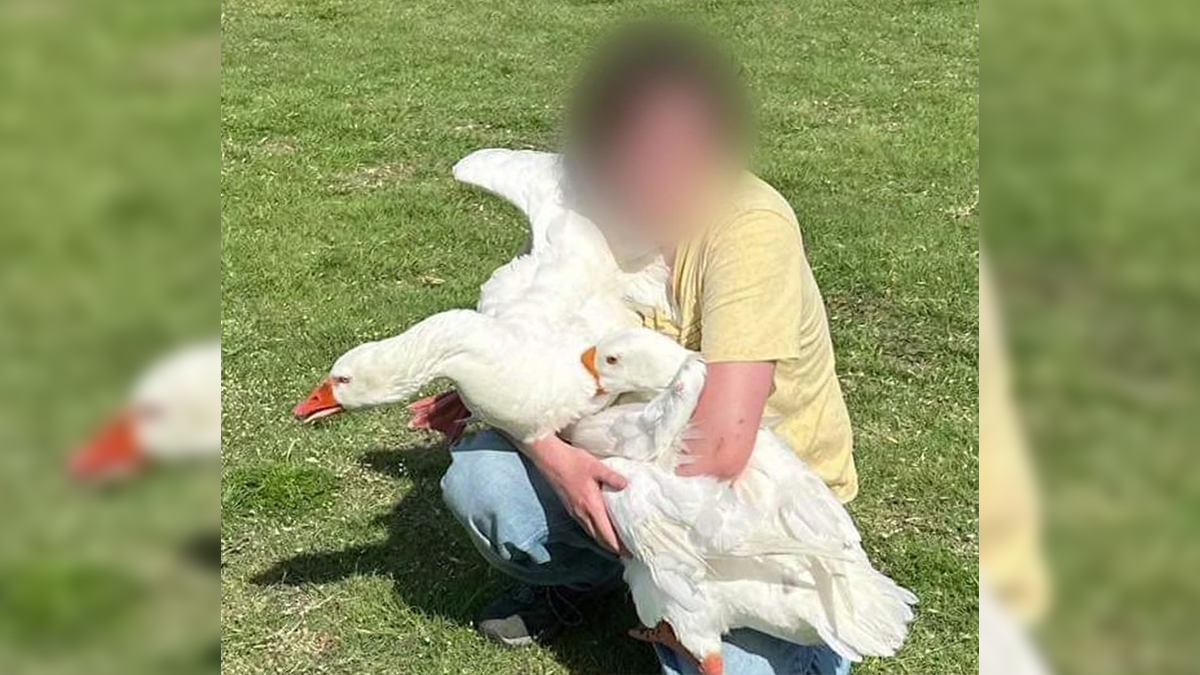Dallas police say 40 people have registered for the department's first-ever "volunteer patrol" class for the Oak Lawn neighborhood.
After a recent spike in violent attacks in the area, police say they're listening to community input and running a special training session this weekend.
Volunteer-in-Patrol classes have been popping up with more frequency at sub-divisions across the city. Police say it's become a bigger priority this year to get more local citizens engaged in the training.
Officers say there are two chief benefits to the volunteer training: deterrence and also a trained-eye that knows how to safely observe and report suspicious activity.
The VIP program in Dallas' largest police division, the Northeast Division near White Rock Lake, has exploded in popularity this year.
Officers there have trained about 190 people this year – a 33-percent increase from a year ago.
"It's an awareness factor. People know we're out there. We're not there to engage, we're there to observe and report," said volunteer patrol coordinator Carl Ewert, while driving his marked truck around the jogging trails of White Rock Lake.
Local
The latest news from around North Texas.
There was a surge in interest after October's gruesome murder of jogger David Stevens, who was killed in a random machete attack while jogging along the White Rock Lake trails.
"The lake binds everyone together. Everyone wants to be part of it," said Dallas Police Maj. Barbara Hobbs. "So it does raise the interest because it brings it home. What you see on the news sometimes doesn't hit home, but when it happens in your community it really does come home."
The VIP classes happen in sub-divisions around the city, every few months. Hundreds of people this year alone have taken part in the classes.
"We're an extra set of eyes and ears for the Dallas Police Department," said citizen patrolman Gary McDonnell. "The primary focus of the volunteers in patrol is visibility. It's deterrence by visibility."
Police say the training is non-confrontational, but officers do teach tips and tricks on how to avoid detection while observing suspicious behavior. Officers also teach people certain things to focus on if they see a crime.
"Things like, 'Do all you can to get a license plate.' That's a huge thing that a lot of witnesses to crimes just don't pay attention to," McDonnell said.
"Also things like sneakers. You want to pay attention to what a suspect is wearing, sure, but particular the footwear. It's easier for a suspect to shed his shirt or coat than it is for them to get new sneakers," he added.
Police data newly released this week shows that low-priority 911 calls for crimes like burglary, theft, graffiti and panhandling can take up to 90 minutes for an officer to respond.
[NATL] Top News Photos: Pope Visits Japan, and More
Police are employing multiple strategies to battle the slow 911-response time for "Priority Four" and "Priority Five" calls, including using overtime to pay for officers to handle the backlog in busy neighborhoods.
VIP patrolmen also help with the problem, police say. They are directed to never engage with a suspect, but they record crucial information that can help officers make an arrest once they arrive on scene.
Police say the VIP patrols is helping stop petty crimes like car burglaries and bicycle thefts in many neighborhoods.
They always patrol in pairs. When it's in a vehicle, they have large window stickers and flashing lights on the roof. VIP patrolmen also wear labeled reflective vests when patrolling on foot.
"We keep a log every month and send it in to police," McDonnell said. "We don't have a regular schedule, but I'll do it about an hour a day, several days a week."
McDonnell also said when a citizen patrolman does call 911, they identify themselves to the dispatcher, who then relays the information to officers.
"So the dispatchers know immediately we've been trained by police, that what we're seeing is something legitimate," he said. "It's supposed to help get officers there faster."
The training classes last four to five hours. Depending on the division, they are held on a weekend morning or split up between several weeknight classes.
Dallas police will train approved residents for its Volunteers-in-Patrol program on Saturday, Dec. 19, from 9 a.m. to 1 p.m. at the Oak lawn Library on Cedar Springs.
Police run a criminal history check, and any misdemeanor A or B conviction within five years or any felony convictions will disqualify an applicant.
DV.load("https://www.documentcloud.org/documents/2644898-VIP-ApplicationNW-1.js", { width: 650, height: 800, sidebar: false, text: false, container: "#DV-viewer-2644898-VIP-ApplicationNW-1" }); VIP-ApplicationNW-1 (PDF)VIP-ApplicationNW-1 (Text)



